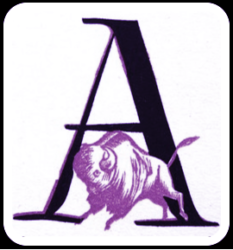I recently ordered a used copy of Dorothea Brande’s classic Becoming a Writer. I already own too many books on the writing life, but I became interested in Brande’s work when I noted its appearance on several other writer’s recommended books lists. So a package arrived in my mailbox with a clean copy of the book, and I jumped in right away.
I am very much aware that I have both external and internal messages that accuse me of being self-deluded about my desire to pursue the writing life. Brande, who wrote in the 1930s, believed that most writing self-help books of her era. At least, had a condescending tone that only strengthened the negative voices. She believed that anyone could, and should, learn the mechanics of good writing, but that the reason so many fell short of their dream to make their living by writing was an issue of the head, rather than of the hand.
Brande maintained that most people who long to write fiction are consummate daydreamers who must train to harness their unconscious dream-machine by learning to write for long stretches of time without crippling fatigue. She says,
After all, we being our storytelling, usually, long before we are able to print simple words with infinite labor. It is little wonder that the glib unconscious should balk at the drudgery of committing its stories to writing.
To Brande, written exercises are necessary to increase endurance. Like a spiritual discipline that is practiced to hear and respond to the divine voice, these exercises allow one to harness the unconscious before the memory of the dream slips away:
So if you are to have the full benefit of the richness of the unconscious you must learn to write easily and smoothly when the unconscious is in the ascendant.
How to do this?
…rise a half an hour, or a full hour, earlier than you customarily rise…and without talking, without reading the morning’s paper, without picking up the book you laid aside the night before–begin to write.
This exercise, which is surely the ancestor of Julia Cameron’s Morning Pages, was to be engaged in for as long as one had time. She advocated that each consecutive day, one was to push the envelope further by writing just a little beyond one’s perceived endurance. What would unfold in the trained writer’s life would be a perseverance that would allow one to write at any time, for long stretches.
I will let you know how it works for me.

